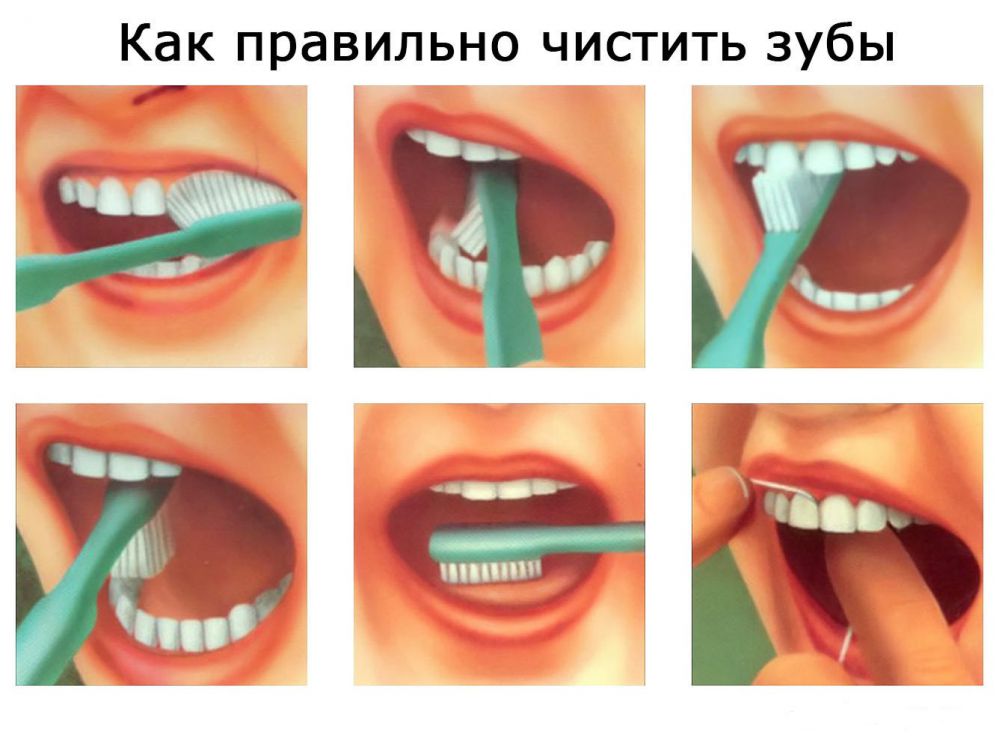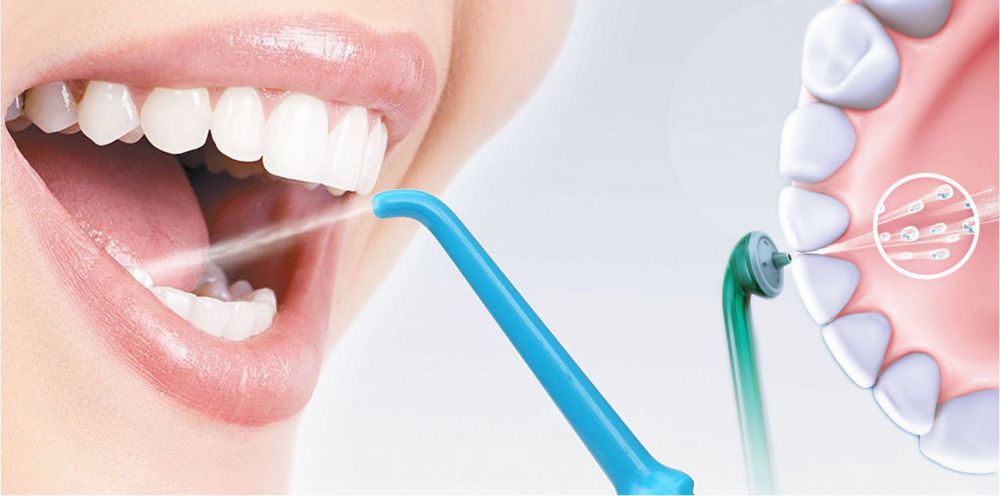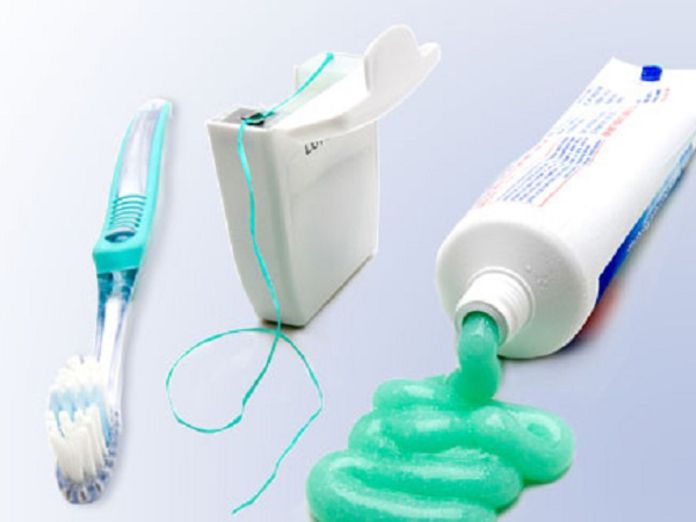Teaching oral hygiene for a baby and adult in Spain
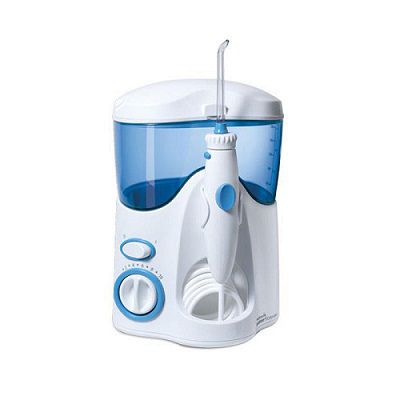
In today's fast-paced world, maintaining proper personal hygiene is crucial for our health and well-being. Teaching self hygiene is an essential aspect of raising responsible individuals who understand the significance of cleanliness and good habits. This comprehensive guide will walk you through the key aspects of teaching self hygiene in Russian, providing valuable insights, tips, and strategies to ensure a healthy lifestyle for yourself and those you care about.
Why Is Self Hygiene So Important?
Good personal hygiene not only helps prevent illnesses but also boosts self-esteem and confidence. When we take care of our bodies, we feel more comfortable and confident in our interactions with others. Proper self hygiene habits prevent the spread of germs and bacteria, reducing the risk of infections and diseases. Moreover, it promotes a positive self-image and enhances overall well-being.
Teaching Self Hygiene: A Step-by-Step Guide
1. Introducing the Concept of Personal Hygiene
Teaching self hygiene should start early in childhood. Parents, guardians, and educators play a vital role in introducing the concept of personal hygiene to young children. Use age-appropriate language and engaging activities to make learning fun and memorable.
2. Emphasize the Importance of Handwashing
Handwashing is one of the simplest yet most effective ways to prevent the spread of germs. Teach children the proper handwashing technique, emphasizing the need to wash hands before meals, after using the restroom, and after outdoor activities.
3. Inculcate Dental Hygiene Practices
A healthy smile is a reflection of good dental hygiene. Encourage regular brushing, flossing, and dental check-ups to maintain optimal oral health. Use creative methods like storytelling or role-playing to make dental care exciting for kids.
4. Bathing and Showering Techniques
Teach children the importance of regular bathing or showering to keep their bodies clean and fresh. Explain the significance of using soap and shampoo while bathing and the importance of changing clothes daily.
5. Managing Personal Grooming
As children grow older, they need to understand the significance of personal grooming. Teach them how to comb their hair, trim their nails, and maintain overall cleanliness.
6. Promote Respiratory Hygiene
Instruct children on the proper way to cough or sneeze, covering their mouth and nose with a tissue or elbow to prevent the spread of germs.
7. Educate about Toilet Hygiene
For young children, toilet training is an essential aspect of self hygiene. Teach them proper toilet habits and the importance of flushing and washing hands afterward.
8. Discuss Puberty and Hygiene
As children reach puberty, it's crucial to discuss personal hygiene in the context of bodily changes. Provide them with the necessary information about managing hygiene during this phase.
9. Handling Menstrual Hygiene
For girls, understanding menstrual hygiene is essential for their well-being. Offer guidance on using sanitary products and maintaining cleanliness during menstruation.
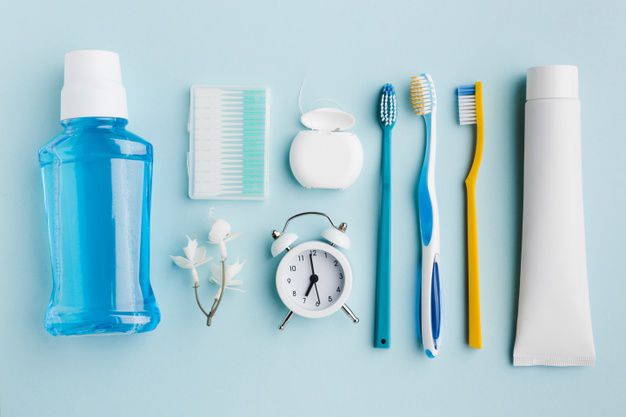
10. Teaching Hygiene to Adolescents with Disabilities
Adolescents with disabilities may require special attention when it comes to self hygiene. Tailor your teaching methods to accommodate their needs and ensure their comfort.
11. Hygiene in the Workplace
Discuss the importance of maintaining hygiene in the workplace, including handwashing, sanitizing shared spaces, and proper disposal of waste.
12. Travel Hygiene Tips
When traveling, it's essential to prioritize hygiene to prevent travel-related illnesses. Provide practical tips on staying clean and healthy while on the go.
13. Hygiene for Older Adults
As people age, they may face challenges in maintaining hygiene. Offer support and assistance to older adults in preserving their personal cleanliness.
14. Hygiene and Mental Health
Explore the connection between personal hygiene and mental health. Explain how practicing good hygiene can positively impact one's emotional well-being.
15. Overcoming Hygiene Challenges
Address common challenges individuals may face in maintaining hygiene and provide practical solutions to overcome them.
FAQs about Teaching Self Hygiene
Q: How can I make handwashing fun for my child?
A: You can make handwashing enjoyable for your child by using colorful, scented soaps and singing a fun handwashing song together.
Q: What is the recommended frequency for bathing or showering?
A: It is generally recommended to bathe or shower at least once a day, but it may vary depending on individual preferences and activities.
Q: How can I teach my child about dental hygiene?
A: You can teach your child about dental hygiene by demonstrating the proper way to brush and floss and taking them for regular dental check-ups.
Q: Is it essential to teach respiratory hygiene to children?
A: Yes, teaching respiratory hygiene to children is crucial to prevent the spread of respiratory illnesses like cold and flu.
Q: How do I approach the topic of puberty and hygiene with my child?
A: Approach the topic with sensitivity and provide age-appropriate information about bodily changes and the importance of personal hygiene during puberty.
Q: What hygiene considerations should I keep in mind while traveling?
A: While traveling, carry hand sanitizers, disinfectant wipes, and personal hygiene products. Avoid consuming unhygienic food and water.
Conclusion
Teaching self hygiene is an essential aspect of promoting a healthy and hygienic lifestyle. By instilling good hygiene habits in children and adolescents, we contribute to their overall well-being and self-esteem. Remember that leading by example and making learning fun are key to successfully teaching self hygiene. Let us prioritize personal hygiene and create a cleaner and healthier environment for ourselves and our communities.
Contact Information:
| Torrevieja, Pasaje Pais Vasco, edificio 1 local 4 | |
| +(34) 638 893 141 | |
| +(34) 638 893 141 | |
| apdenta@gmail.com | |
| Working hours: Mon - Fri: from 10:00 to 20:00 |


